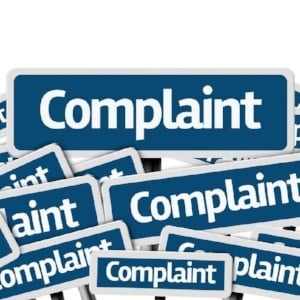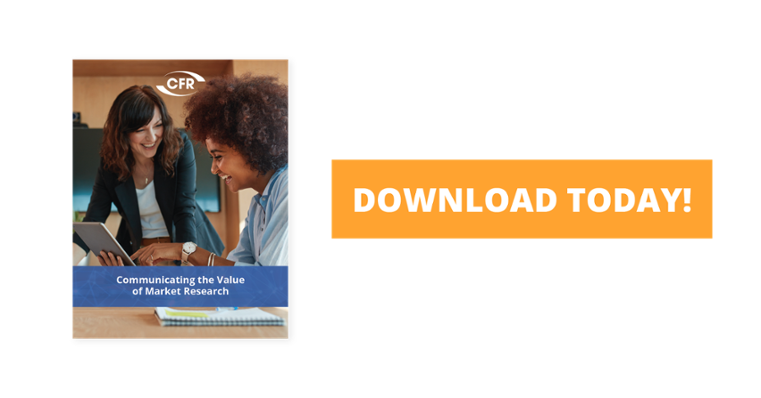
4 Common Complaints When Taking an Unprofessional Survey and How to Avoid Them
 If you’ve been in the market research business for any length of time, you already know that it’s impossible to please everyone, especially at the same time. Whether it’s consumers dissatisfied with a company’s products, clients dissatisfied with your investigative services or the public dissatisfied with research experiences – finding the right mix of quality offerings at the right time for the right audience is unavoidably difficult and often futile. That doesn’t mean we stop trying to offer the best product or service, though. Especially when dealing with user experiences, it is paramount that market research companies continuously strive to improve practices and provide surveys that cater to participant engagement. Otherwise, we’re just wasting everyone’s time and money, getting nothing of value in return.
If you’ve been in the market research business for any length of time, you already know that it’s impossible to please everyone, especially at the same time. Whether it’s consumers dissatisfied with a company’s products, clients dissatisfied with your investigative services or the public dissatisfied with research experiences – finding the right mix of quality offerings at the right time for the right audience is unavoidably difficult and often futile. That doesn’t mean we stop trying to offer the best product or service, though. Especially when dealing with user experiences, it is paramount that market research companies continuously strive to improve practices and provide surveys that cater to participant engagement. Otherwise, we’re just wasting everyone’s time and money, getting nothing of value in return.
Here are four common complaints from survey participants and our thoughts on how to avoid them:
“This Survey is Boring!”
The ultimate insult to your creative prowess, having your survey labeled “a boring one” is a crushing blow to not only your ego, but the quality of feedback you receive, as well. No one likes to waste his or her time: you or your respondents. And if survey participants aren’t interested in your questions, they certainly aren’t going to be interested in giving you any good answers. The solution: Make your survey relevant. Share research results in order to increase engagement and capture participant interest. This encourages respondents to share completely and honestly with you in return.
“This Survey is Confusing!”
Survey respondents aren’t researchers. They don’t understand the lingo. They don’t care about methodologies. And they certainly don’t want to feel stupid. Don’t assume your survey participants have an exhaustive knowledge of the organization requesting data. Give them the necessary tools to answer questions, and make those questions straightforward with consistent rating scales and/or appropriate response options. If one question has a scale from 1-10, make all of them that way. And if you are covering a range of options, make sure to include all possible choices. Avoid complex negative wording and double-barreled questions that make it hard for respondents to understand what is being asked of them. If you think you’re asking one thing, and they feel you’re asking another, someone is going to be disappointed.
“This Survey is Too Long!”
We’ve all been there: a concert that runs an hour past its scheduled end time, a graduation ceremony with more than a thousand students, a television show that has “jumped the shark.” Things that extend beyond their prime just aren’t interesting. It’s the same with surveys. Too many questions or questions that involve long, complicated answers mean more opportunities for respondents to opt out of completing them. Keep surveys as brief as possible. Ask only what you need to know now. Avoid unnecessary open-ended questions and consider other options if you find yourself with a survey that takes more than 20 minutes to complete.
“This Survey is Repetitive!”
Saying the same thing over and over is pointless. Respondents hate feeling like you aren’t listening to them the first time. Respect the time and effort it takes for them to complete your survey by asking a question only once. Not only does this imply you are paying attention, it also keeps your survey shorter and more on point, qualities that confirm your dedication to providing satisfying user experience.
Learn More
For more tips on creating surveys that provide great user experiences for respondents and limit complaints, contact our team at Communications for Research (CFR). We have over 20 years experience crafting surveys that people want to take and that provide actionable results.
You can also check out Engage, a handbook of survey best practices compiled by Global Research Business Network (GRBN). GRBN has partnered with 30+ leading research companies to deliver more than 100 tips for engaging respondents in productive ways. It’s a great resource!
For more information on how to communicate the value of market research to your clients, download our FREE eBook:



